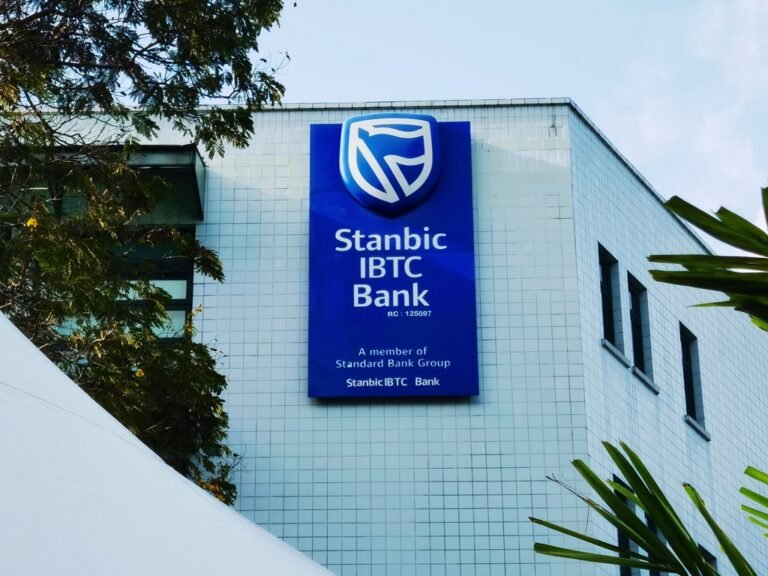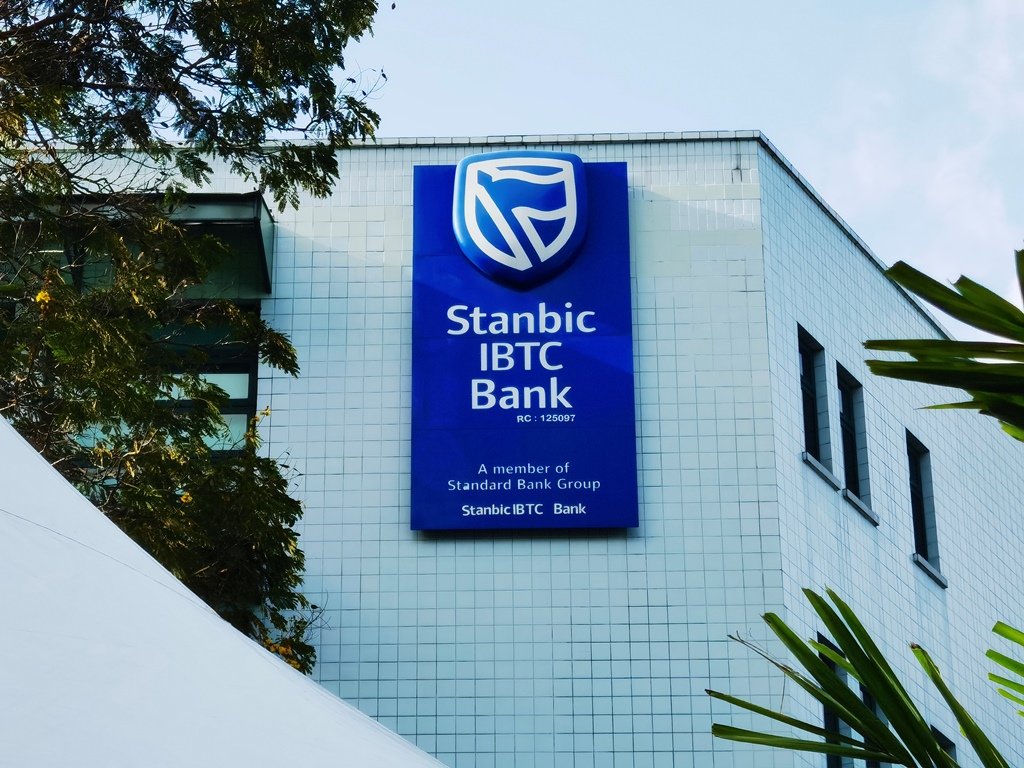Negotiations between Nigeria and Saudi Arabia’s Aramco for a landmark $5 billion oil-backed loan have hit a roadblock as plunging crude prices unnerve banks poised to co-finance the deal, sources revealed to Reuters.
This deal, poised to be Nigeria’s biggest oil-backed loan and Saudi Arabia’s boldest financial venture into any West African nation, risks shrinking as oil prices falter.
The talks, initiated by Nigerian President Bola Tinubu during a November meeting with Saudi Crown Prince Mohammed bin Salman at the Saudi-African Summit in Riyadh, remain unreported until now.
A 20% plunge in Brent crude—from over $82 per barrel in January to roughly $65—stems from OPEC+ pivoting to reclaim market share rather than cut supply, amplifying pressure on the loan’s viability.
Lower oil prices mean Nigeria might need to pledge more barrels to secure the $5 billion, a challenge compounded by chronic under-investment hobbling its oil production capacity.
Tinubu pitched this loan as part of a $21.5 billion foreign borrowing package he sought last month to shore up Nigeria’s budget, sources confirmed.
The facility hinges on Nigeria supplying at least 100,000 barrels per day of oil, but banks—Gulf-based institutions and at least one African lender—doubt the country can deliver, stalling progress.
“It’s tough to find anyone willing to underwrite it,” one source noted, pointing to uncertainty over Nigeria’s oil cargo availability.
Historically, Nigeria has adeptly managed oil-backed loans, repaying them to fund budget deficits, boost foreign reserves, and overhaul state refineries.
Yet, years of neglect in its oil sector have left production goals elusive, a vulnerability laid bare by today’s volatile market.
The banks’ jitters reflect broader concerns: a lower oil price slashes the loan’s value unless Nigeria ramps up output—an uphill battle given its current constraints.
Details of the Aramco deal, including the identities of the hesitant lenders, remain undisclosed, but the stakes are high for Tinubu’s ambitious borrowing agenda.
This impasse signals how sharply falling oil prices and Nigeria’s production woes are reshaping its financial strategy on the global stage.


























